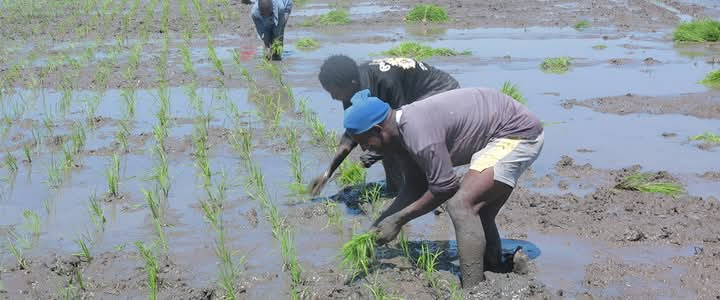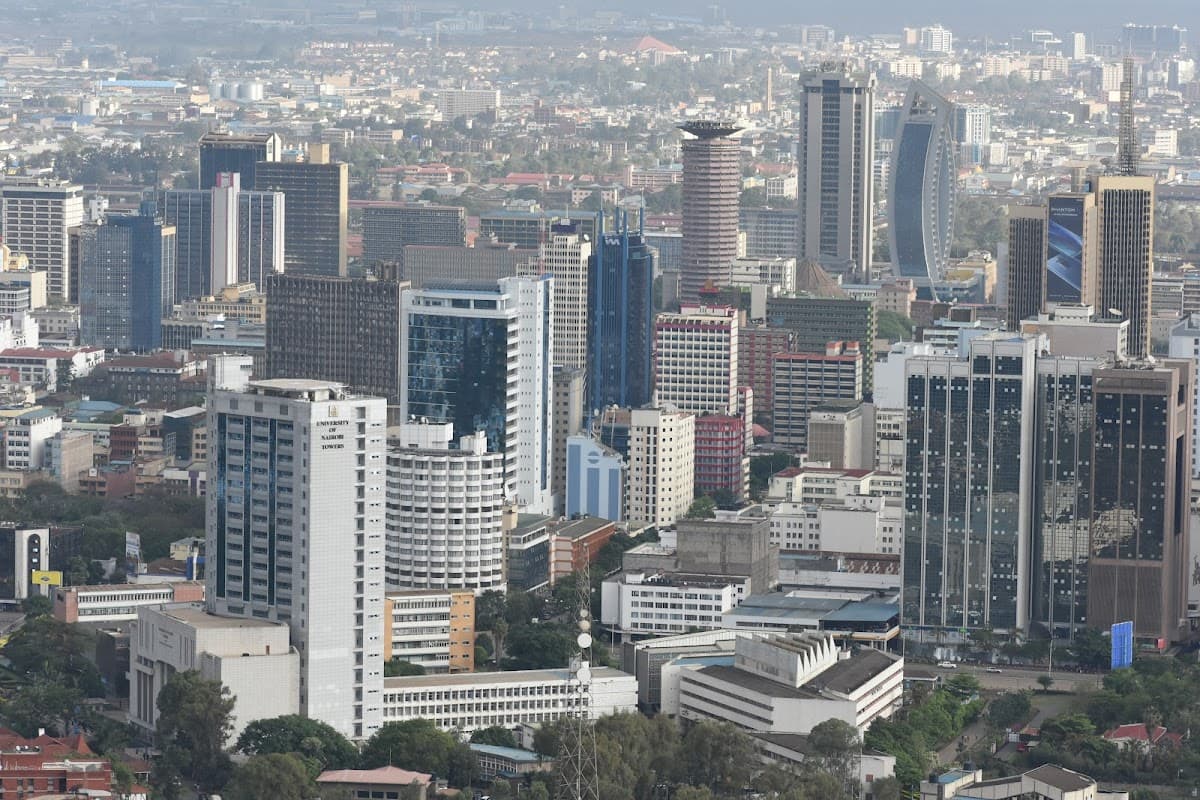The government has announced plans to purchase paddy from the over 30,000 rice farmers in the Ahero irrigation scheme, Kisumu County in an effort to ensure ready and stable markets for their crops.
National Treasury and Economic Planning Cabinet Secretary John Mbadi said the state has set aside Sh150 million in the supplementary budget I for the 2024/25 financial year to actualise the purchase.
“When President William Ruto visited the Nyanza region last year, he promised rice growers in Kadem and Ahero that his government would avail funds to purchase rice directly from the farmers,” Mbadi said
He added that there was a delay in disbursing the funds meant for the programme, however, the Treasury was set to release the finances by February.
Mbadi made the remarks on Friday at Chiga area in Kisumu County during his visit to different Financing Locally Led Climate Action (FLLoCA) projects.
The initiative, which will be undertaken in collaboration with the Ministry of Agriculture, will be implemented by the Lake Basin Development Authority (LBDA).
This move is aimed at developing a national food reserve to cater for emergency response to humanitarian crises during floods and droughts in various parts of the nation.
“In this mini-budget, I will allocate the funds to LBDA to buy rice from farmers so that the government can supply it to Kenyans in need of food aid. There are so many Kenyans going hungry and need food assistance. We do not want relief food distributed in the country to be imported from other countries,” the CS observed.
The strategy, he noted, is in line with the government’s Bottom Up Economic Transformation Agenda, which seeks to improve farmers’ profit margins from farming activities and achieve economic sustainability in the sector.
According to the National Irrigation Scheme, (NIA) the Ahero Irrigation Scheme located in the Kano plains produces approximately 22,000 metric tons annually.
The intervention comes amid growing concerns from rice farmers about the lack of a ready market, which has forced them to sell their produce at a throwaway price to middlemen from neighbouring countries.







